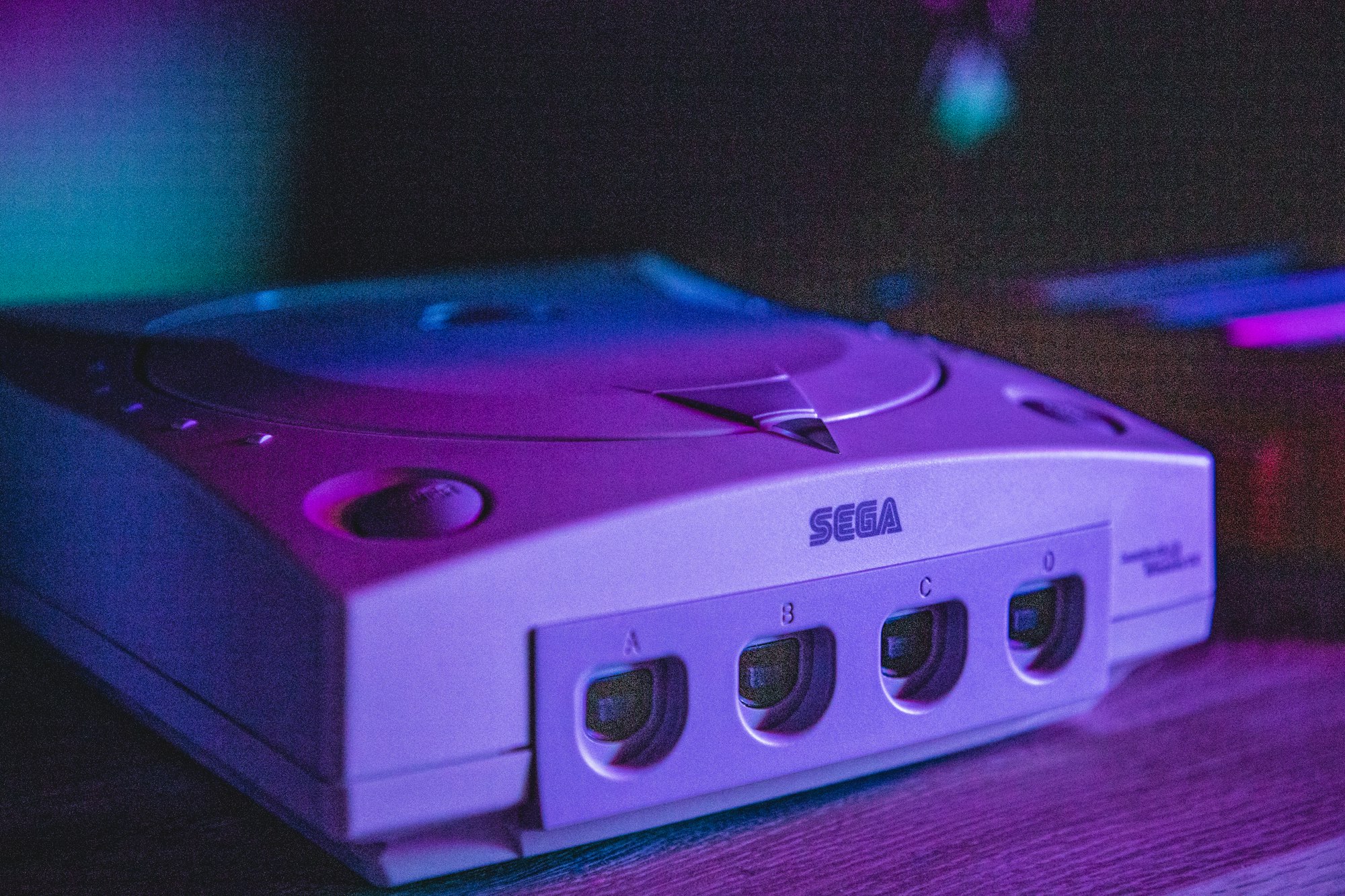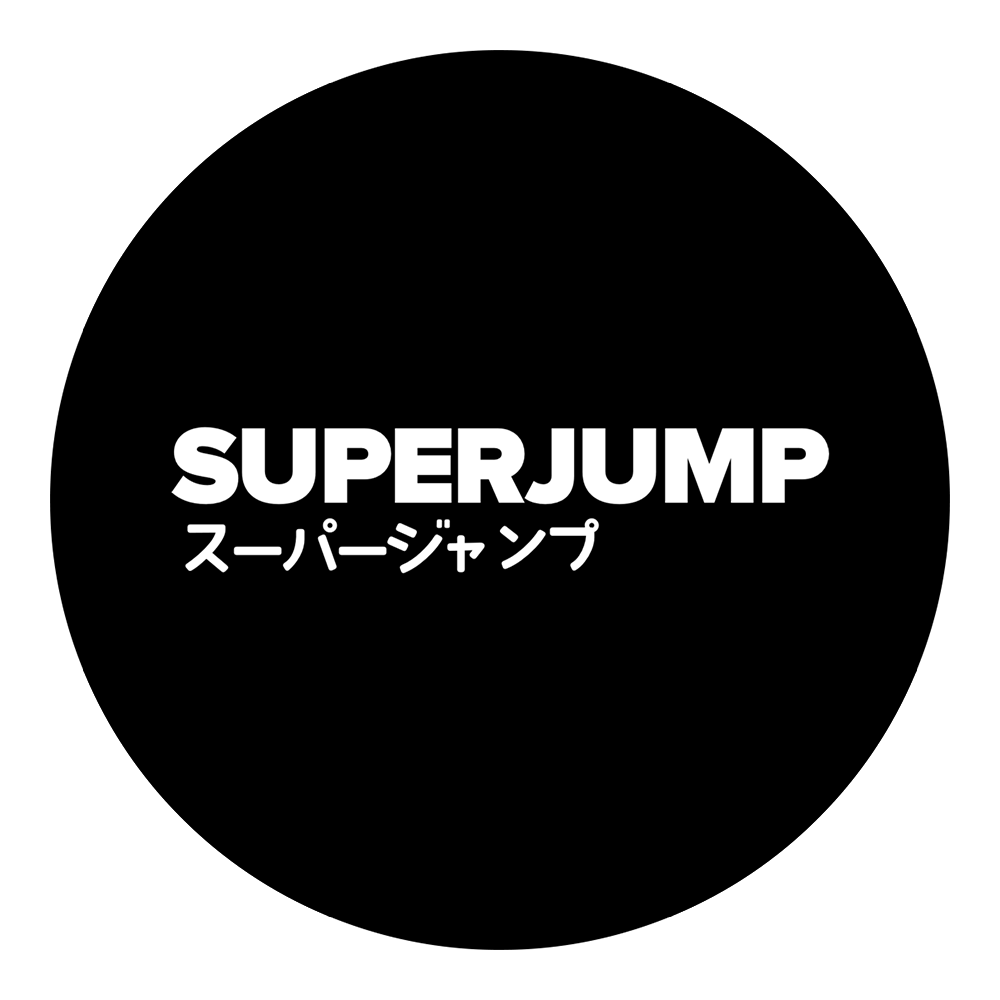Bring on the Dreamcast Mini

Talk to any Sega Dreamcast owner and you’re almost guaranteed to hear the sermon. It comes in various forms, but the underlying message is always the same: the Dreamcast is an under appreciated console classic. Many gamers would describe Sega’s final game console as their favourite. And it’s not hard to see why. The Dreamcast featured numerous hardware innovations (the Visual Memory Unit attempted to blur the barrier between console and handheld gaming, and the console was the first to ship with an included modem). It is also remembered as being somewhat bohemian, for lack of a better word. Some of the most bizarre and experimental video games ever made graced the platform, the vast majority of them made by SEGA’s own studios.
It’s absolutely no surprise, then, that fans have been in mourning ever since SEGA gave up console development in 2001 (although you could argue — and many have — that the original Xbox is something of a Dreamcast successor, but I digress). That sense of mourning isn’t dwindling with time, either. In fact, it’s arguably being felt most acutely in 2020. I suspect this is partly due to the fact that the last couple of years have seen the rise of the mini consoles, as video game companies seek to cash in off the back of that sweet, lucrative nostalgia. Hell, even the PC Engine got in on the act.
SEGA itself has a patchy record when it comes to mini consoles. For years, it had partnered with AtGames, which had produced a string of woefully inadequate tributes to SEGA’s classic machines. When it finally dumped AtGames in favour of M2 for the Sega Mega Drive Mini, fans were elated, largely thanks to M2’s absolutely stellar history with quality retro ports across multiple platforms. It turned out, too, that the Mega Drive Mini was a truly fantastic little machine. I haven’t been able to find sales numbers for it, but it evidently performed so well that SEGA quickly followed it up with the Japan-only Game Gear Micro collection.
Clearly, SEGA knows it’s onto something good here. In a recent interview with Famitsu, Yosuke Okunari (a creative producer at the company whose background stretches right back to the Saturn era), dropped a couple of tantalising hints. Here’s the quote folks all around the world are grasping at:
“I think for the next one, we may go with a concept close to the Mega Drive Mini. If I have to say some names, it could be an SG-1000 Mini or a Dreamcast Mini…”
Yosuke Okunari
It’s far more likely that SEGA would produce an SG-1000 Mini, if only due to the potentially much greater time and cost associated with a Dreamcast Mini. For the uninitiated, the SG-1000 was the company’s first home console. It wasn’t actually released globally (arriving in Japan, Australia, New Zealand, and some other regions). It was also the first of a line of products including the SG-1000 II, SG 3000, and Sega Mark III and was the precursor to the far more successful SEGA Master System. There are already a wide range of emulators available across multiple platforms for the SG-1000. Given the modest technical specifications of the 8-bit machine, one would expect that creating a mini version should be relatively inexpensive and straightforward. Presumably when Okunari refers to an SG-1000 Mini, he’s referring to the entire series of machines — as their cartridges are all compatible. I’d expect to see a SEGA Master System Mini in western markets.
Although a Dreamcast Mini is probably about as likely as a Nintendo 64 Mini, it’s still a fun thought experiment. It’s very likely that there would be some very significant limitations, such as no online play and no VMU; well, unless the controllers are compatible with existing VMUs. Although it can be hard to acquire them, and they are required to save your game, so it’s more likely that SEGA would just include an onboard “virtual” VMU). A Virtual Virtual Memory Unit, if you will. 😅
It would be even better if I could use my existing Dreamcast controller and VMU, but that might be asking a bit much.
What about the games, though? Of course, there are a boatload of incredible Dreamcast games that could be included in the package. But here are my top 10 picks (in no particular order):
- Sonic Adventure & Sonic Adventure 2
- Jet Set Radio
- Power Stone 2
- Daytona USA 2001
- Skies of Arcadia
- Virtua Tennis
- Crazy Taxi
- Soul Calibur
- Space Channel 5
Your list may vary; I’ve deliberately excluded certain games that are readily available on other platforms (for example, you can pick up the Shenmue I & Shenmue II remasters quite easily now). Also, there would be a couple of licensing deals involved to allow all of the above games to come to a Dreamcast Mini, because a couple of these titles are not published by SEGA itself. Still, I can dream!
Needless to say, I’d be incredibly keen to get my hands on a Dreamcast Mini. Having ready access to a Dreamcast library — and being able to easily play it on modern TVs — would be something very special. And it may introduce a whole new generation to the Dreamcast’s many ground-breaking games.
